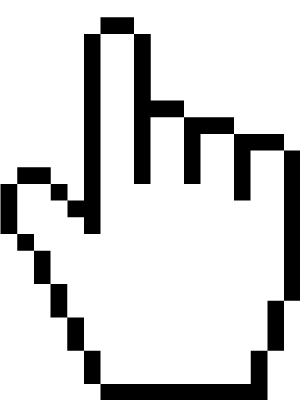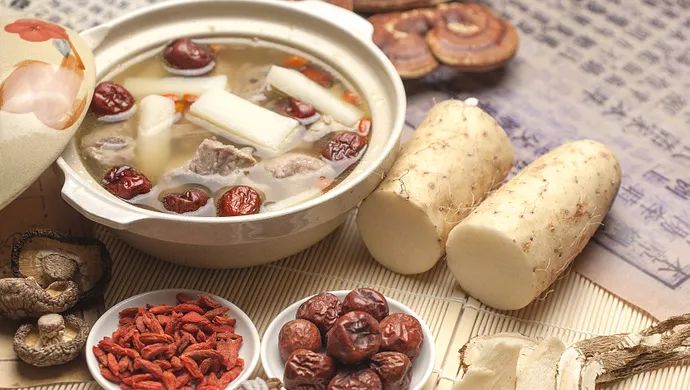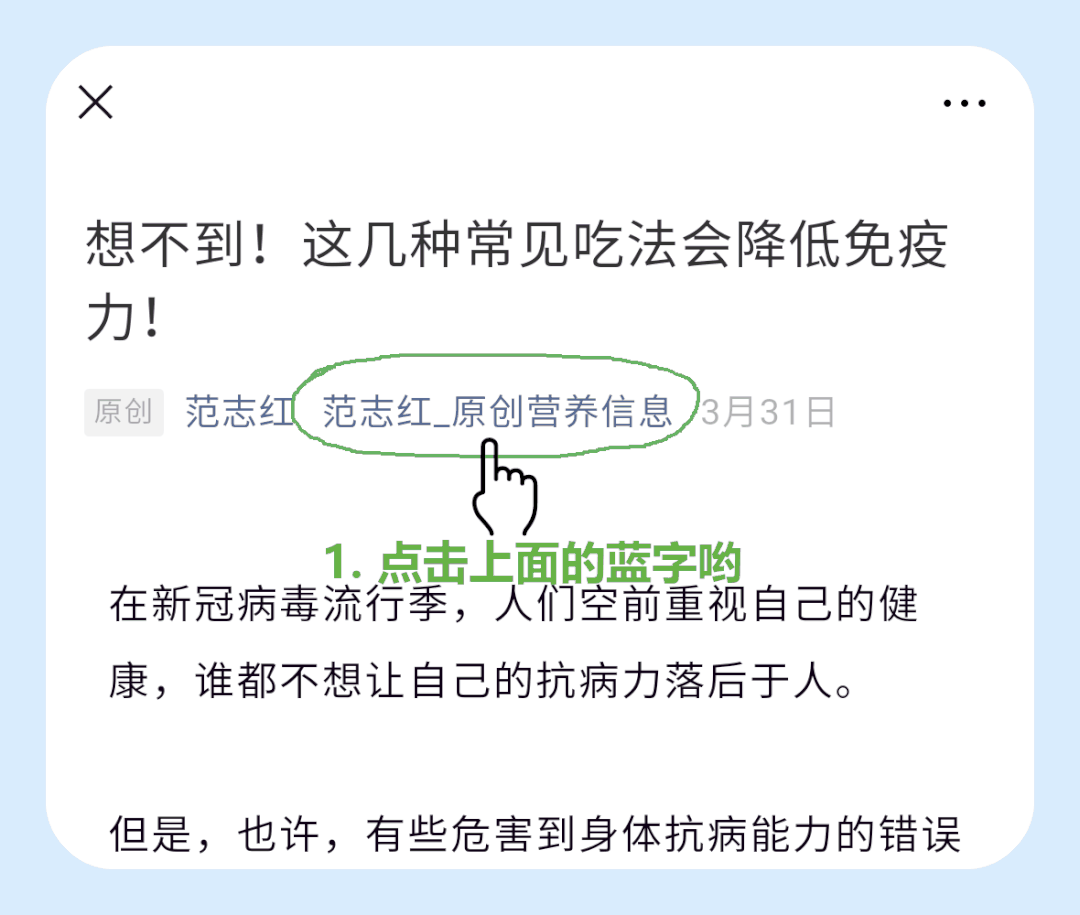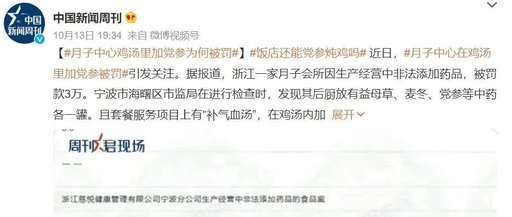Click the blue text

Follow me
Recently, a postpartum care center in Ningbo was fined for adding Dang Shen (Codonopsis pilosula) to chicken soup, and the center felt very wronged: isn’t it common to add Dang Shen to postpartum chicken soup? How did I violate the rules? Many netizens also do not understand: my family does this too, my mother added Dang Shen when making soup for me!
From the perspective of the regulatory authorities, the reasoning is very simple—this action is illegal. According to relevant regulations, Dang Shen is not listed in China’s “food and medicine homologous” directory, and it is not recommended to add medicinal materials to soup on a daily basis. In other words, Dang Shen is not like jujube (Da Zao), which is a food that is also a medicine; it is purely a medicinal material.
Many friends may ask: Isn’t it said that “food and medicine are homologous”? Why is it not allowed to add such a common medicinal material?
This involves an important concept: the distinction between medicinal materials, food-medicinal dual-use ingredients, and ordinary food.
The difference lies in their fundamental characteristics and intended use.
As food, it must have a high level of safety, meaning that the vast majority of people can consume it daily without causing significant adverse bodily changes. Food should have certain nutritional value and also possess sensory appeal.
Medicines, on the other hand, are said to have “three parts poison”; they are beneficial for the treatment of certain patients and have strict dosage limits; for others, they may cause adverse effects and disrupt metabolic balance. Medicines do not need to have nutritional value, nor do they need to be palatable.
Food-medicinal dual-use ingredients occupy a middle ground; they have certain food characteristics, a specific taste and texture, some nutritional value, and are traditionally used in food, but they are still more medicinal than ordinary food.
Therefore, food-medicinal dual-use ingredients cannot be consumed daily by everyone like rice or cabbage; some people may experience discomfort after consuming them. Even if they can be eaten, the quantity is limited. For example, lotus seeds (Lian Zi) and gorgon fruit (Qian Shi) are foods, but they should only be added in small amounts to porridge or soup.
In simple terms, as food, the focus is on safety, nutrition, and taste. The ability to regulate physiological functions or treat diseases is a secondary function, and this function is relatively weak.
Long-term dietary therapy can indeed lead to changes in physical condition, but it requires sustained effort to be effective. People do not expect to see significant changes in one day just by eating a certain food when they are ill.
Consider this: are you eating Dang Shen to obtain protein or vitamins? Does it have sensory appeal? Can Dang Shen be eaten every day, in any quantity? Traditional medicine believes it can “tonify Qi”; however, the need for its use and the appropriate dosage must be determined by a physician.
Thus, without a doctor’s prescription, it is illegal for the postpartum care center to randomly give medicinal materials to breastfeeding mothers, and the fine is justified.
Some netizens might say, “The restaurant near my house also adds Dang Shen to their soup,” but that is simply because they have not been caught. If caught, they should also be punished. Why should customers be given medicine without understanding their physical condition?

“My mother also made this soup” is a statement worth pondering. If the mother truly understands TCM, that is acceptable. If she does not understand and simply adds a certain medicinal material because she heard it “tonifies Qi” or “nourishes blood,” that is unsafe. Even if the child does not report it, and even if no regulatory authority fines them, this practice should definitely not be encouraged.
No one’s dietary practices are international standards; “this is how we do it at home” cannot be a standard for determining safety and legality.
In fact, many so-called “traditional practices” are not safe. If food industry regulations were applied, the vast majority of home kitchens would not meet safety standards. This is even true in the selection of food ingredients.
For example, the state prohibits the addition of borax in food preparation, yet some families still use it; the state prohibits the direct use of sodium nitrite in cooking, but some family workshops still use it to cure meat and chicken; the state prohibits the use of lead oxide in making century eggs, yet a few families still use it. Their reasoning is, “This has been done since ancient times…” “My grandparents did it this way…” “Our ancestors have been doing this for generations without any issues…”
Food additives that are legally used in food processing have undergone safety assessments, including acute toxicity, subacute toxicity, accumulation toxicity, carcinogenicity, teratogenicity, mutagenicity, and various experiments, and are then applied in limited quantities with a significant safety margin. Many people fear such ingredients.
Ingredients used in “ancient methods” at home may have been scientifically proven to carry significant safety risks, yet as long as they do not cause immediate harm, there is no fear in using them illegally.
This is a double standard that is indeed lamentable.
Returning to the issue of adding medicinal materials to meals. Without discussing modern science, according to TCM principles, healthy individuals require a balance of Yin and Yang, cold and heat, and organ balance; it is not simply about eating one medicinal material to promote health. Medicinal dietary therapy requires a physician to provide a formula, and it must be adjusted according to the patient’s physical condition. Restaurant staff, in an effort to attract customers, may randomly add medicinal materials to dishes and soups, which could potentially make some customers’ conditions more imbalanced, causing harm rather than benefit.
Some may ask: “If my mother or mother-in-law makes chicken soup with Dang Shen for my daughter or daughter-in-law, is that illegal? If I make chicken soup with Dang Shen myself, is that illegal?”
Randomly adding medicinal materials for oneself and family members is not illegal, but it is not recommended. Even if done incorrectly, it only harms one’s own body, and no one will report it; relevant authorities will not impose penalties. However, running a business and preparing food for others for profit is different, as it may harm others’ health, and thus violations must be punished.
Unfortunately, many of these situations are often not effectively managed.
To summarize:
1 Without a prescription or medical advice, do not randomly consume medicinal materials or drugs, even health-promoting ones.
2 The purposes of consuming food and medicine (medicinal materials) are different, and their safety is also different. Food is meant to provide nutrition and sensory pleasure, suitable for the vast majority of people; medicines (medicinal materials) are used to treat diseases, not seeking nutrition or taste, and are only suitable for certain disease conditions or specific physical types. “Food-medicinal dual-use ingredients” have properties that lie between the two.
3 Anything with a noticeable “medicinal property”, including food-medicinal dual-use ingredients, should not be consumed excessively, and one should pay attention to their physical condition and stop consumption immediately if adverse reactions occur.
4 Using the wrong medicine (medicinal material) can harm oneself and family members, and family members may not report it. However, if medicinal materials are used illegally in a food service establishment, it may affect consumers’ health. Therefore, our country’s regulations prohibit food service establishments from adding medicines (medicinal materials) to food.
Finally, I remind friends that when dining out, do not rush to try dishes that are advertised as “nourishing Yin and Yang” or “great for tonifying Qi and blood”. When considering adding various medicinal materials to your own food, it is best to consult a physician to understand whether the medicinal materials are suitable for you and your family, what quantity is safe, and to observe any bodily reactions after consumption.
Reprint / Cooperation please contact
Weibo / Public Account:
Fan Zhihong_Original Nutrition Information
Contracted author of Toutiao
Scientist at the Beijing Center for Food Nutrition and Human Health
Director of the Beijing Nutritionist Association
Director of the China Health Promotion and Health Education Association
Chief Expert in Nutrition Science Communication appointed by the China Association for Science and Technology
PhD in Food Science from China Agricultural University


Share

Like

Looking

